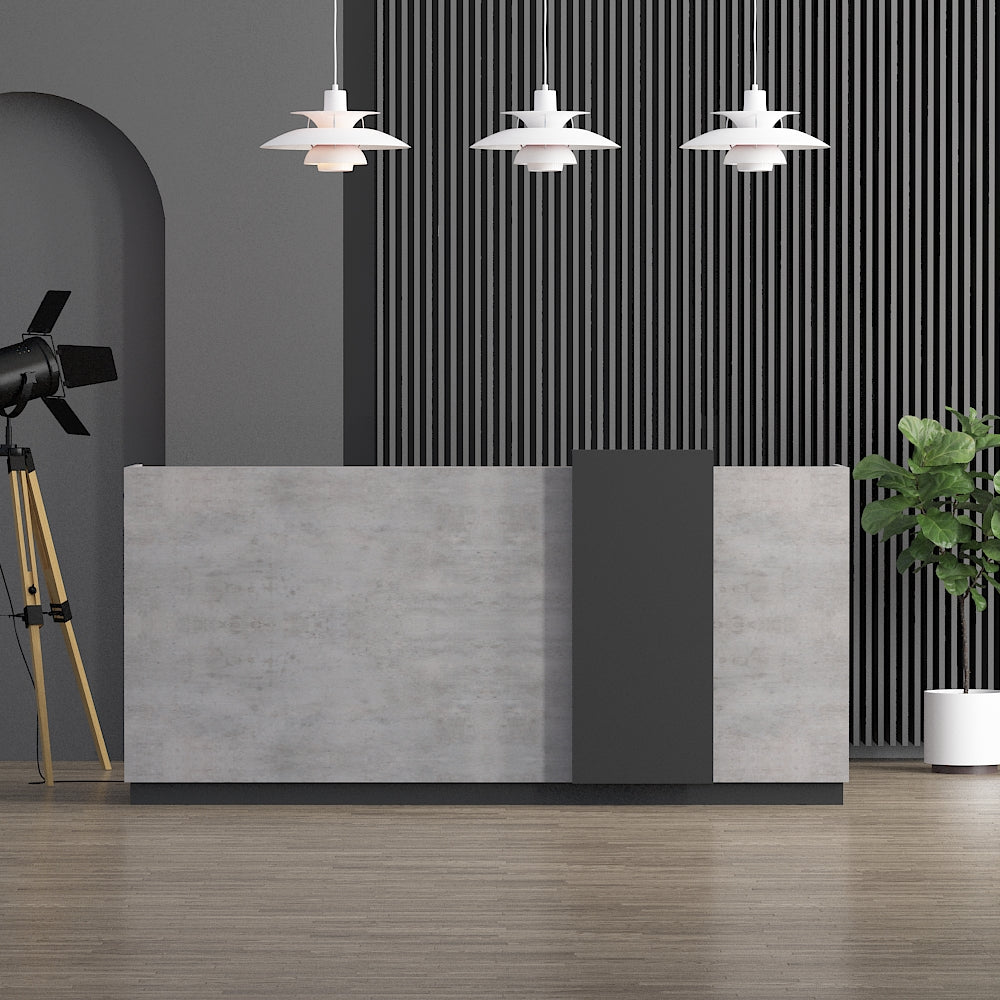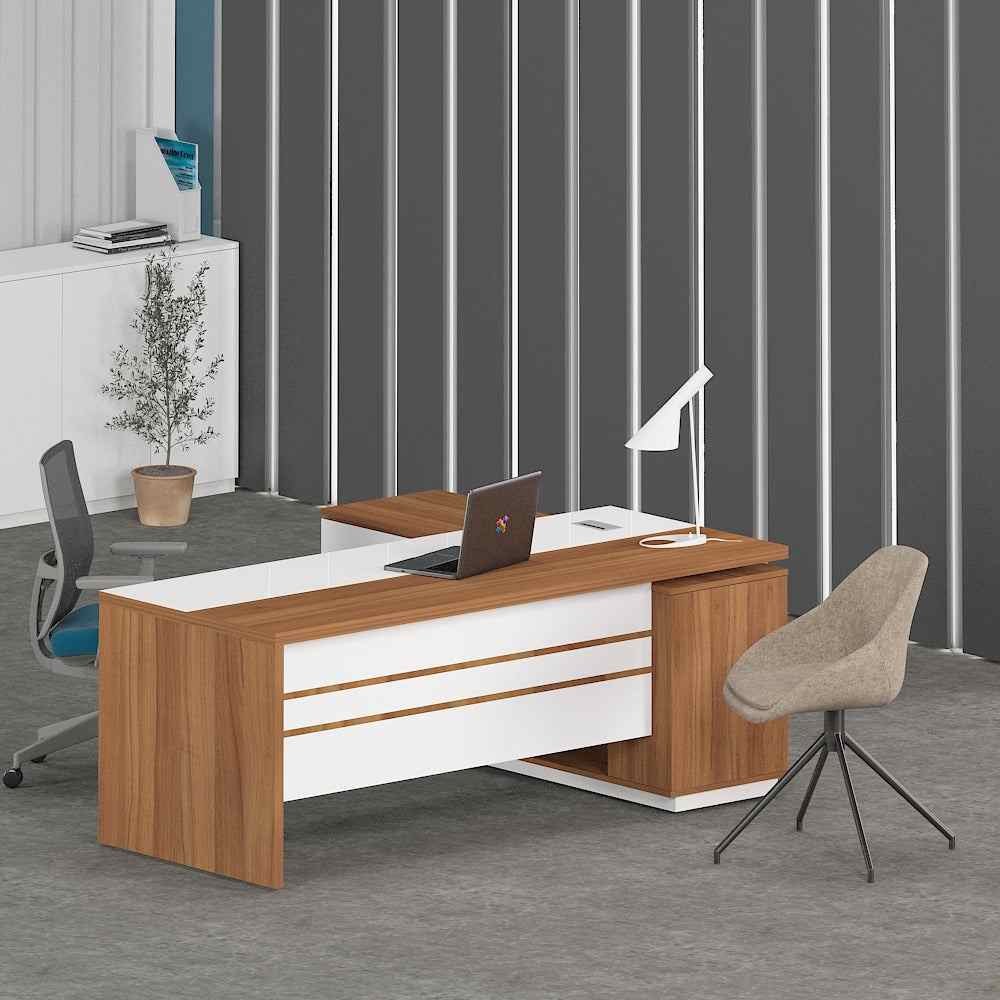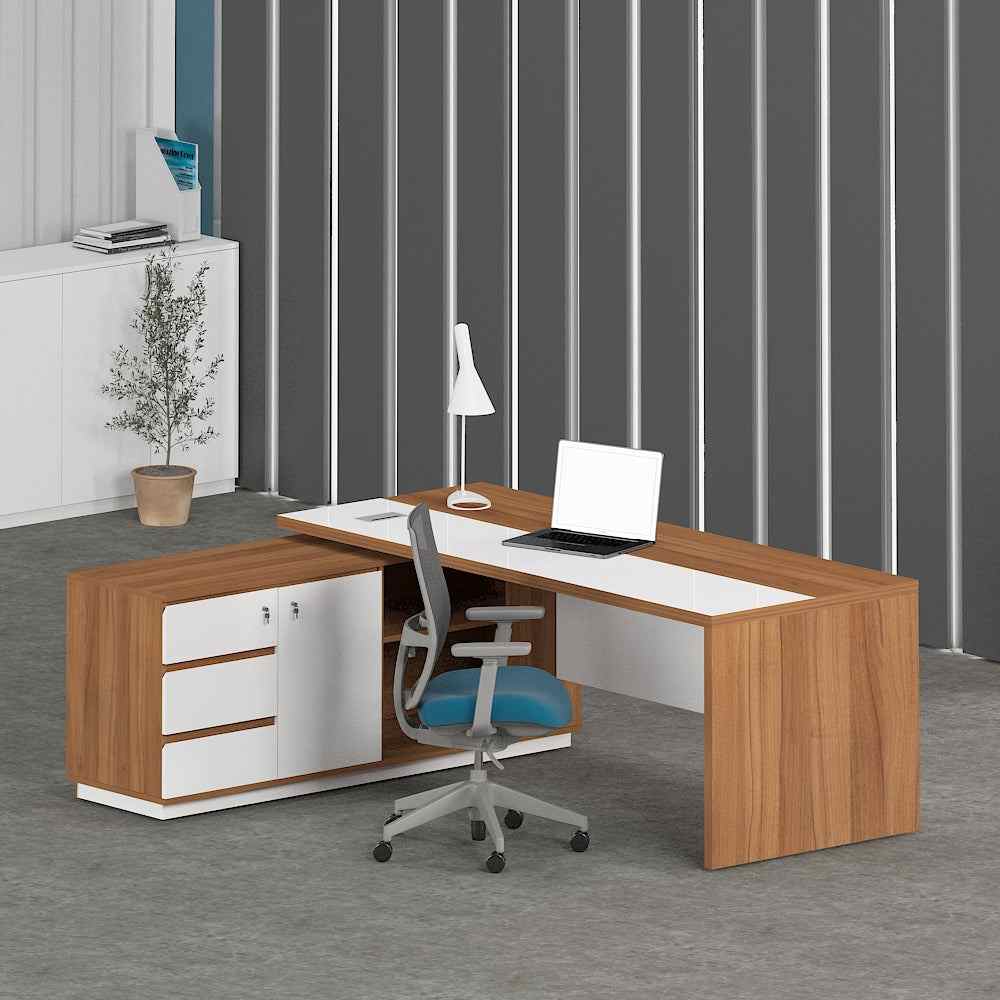Office Fit Out: Transforming Workspaces for Success
In the bustling world of business, creating a workspace that fosters productivity, collaboration, and innovation is paramount. This is where the concept of Office Fit Out comes into play. Whether you're setting up a new office or revitalizing an existing one, Office Fit Out is the key to unlocking the full potential of your workspace. Let's delve deeper into what Office Fit Out entails and how it can elevate your office environment to new heights.
Introduction to Office Fit Out
What is Office Fit Out?
Office Fit Out refers to the process of designing and furnishing a workspace to meet the specific needs and requirements of its occupants. It involves everything from spatial planning and interior design to furniture selection, lighting, and technology integration.
Importance of Office Fit Out
A well-executed Office Fit Out goes beyond aesthetics; it directly impacts productivity, employee morale, and brand perception. By optimizing the layout, aesthetics, and functionality of your office space, you can create an environment that inspires creativity, collaboration, and efficiency.
Key Components of Office Fit Out
Space Planning and Layout Design
Effective space planning is essential for maximizing the use of available space and ensuring optimal workflow. It involves determining the placement of workstations, meeting rooms, breakout areas, and other functional zones to facilitate smooth operations.
Furniture Selection and Arrangement
Choosing the right furniture is crucial for creating a comfortable and functional workspace. From ergonomic chairs and height-adjustable desks to modular storage solutions, each piece of furniture should be selected with care to enhance both aesthetics and functionality.
Lighting and Ambiance
Proper lighting plays a significant role in setting the mood and enhancing productivity in the workplace. Incorporating a mix of natural light, ambient lighting, and task lighting can create a well-lit and inviting atmosphere conducive to work.
Technology Integration
In today's digital age, integrating technology seamlessly into the office environment is essential. This includes provisions for IT infrastructure, connectivity, audiovisual systems, and smart office solutions to support modern workflows and collaboration.
Types of Office Fit Out
Traditional Office Fit Out
A traditional Office Fit Out typically features cubicles, enclosed offices, and formal meeting rooms. While it offers privacy and hierarchy, it may lack flexibility and creativity in workspace design.
Modern Office Fit Out
Modern Office Fit Out emphasizes open floor plans, flexible workstations, and collaborative spaces. It encourages communication, teamwork, and a sense of community among employees, fostering innovation and creativity.
Collaborative Office Fit Out
A collaborative Office Fit Out prioritizes spaces that facilitate teamwork, brainstorming, and knowledge sharing. It may include open lounges, brainstorming areas, and collaborative zones equipped with interactive whiteboards and multimedia tools.
Factors to Consider Before Office Fit Out
Budget Allocation
Determining a realistic budget is the first step in planning an Office Fit Out project. Consideration should be given to costs related to design, construction, furniture, and technology upgrades, ensuring that expenses align with the company's financial resources.
Company Culture and Brand Identity
Your office space should reflect your company's culture, values, and brand identity. Whether you prefer a corporate, creative, or tech-savvy vibe, the design elements, color schemes, and furnishings should be aligned with your brand image.
Future Growth and Flexibility
Anticipating future growth and changes in the organization is essential when planning an Office Fit Out. Flexibility and scalability should be built into the design to accommodate expansion, reorganization, and evolving work practices.
Benefits of Professional Office Fit Out Services
Enhanced Productivity
A well-designed and organized workspace can boost employee productivity by minimizing distractions, reducing clutter, and optimizing workflow efficiency.
Improved Employee Well-being
A comfortable and ergonomic office environment contributes to employee well-being by promoting good posture, reducing fatigue, and minimizing the risk of work-related injuries.
Impress Clients and Visitors
An aesthetically pleasing and professionally designed office space creates a positive impression on clients, visitors, and potential recruits, reflecting positively on your brand image and reputation.
Choosing the Right Office Fit Out Company
Reputation and Experience
Look for a reputable Office Fit Out company with a proven track record of delivering high-quality projects on time and within budget. Check client testimonials, case studies, and online reviews to gauge their reputation and reliability.
Portfolio and Client Testimonials
Review the company's portfolio to assess the quality and diversity of their previous work. Request references and speak to past clients to gain insights into their experience working with the Office Fit Out company.
Customization and Flexibility
Choose an Office Fit Out company that offers customization and flexibility in design solutions. They should be willing to listen to your needs, preferences, and feedback, and tailor their services to suit your specific requirements.
Office Fit Out Solutions for Different Budgets
Affordable Office Fit Out Options
For organizations with limited budgets, there are affordable Office Fit Out solutions that prioritize functionality, durability, and cost-effectiveness without compromising on quality or aesthetics.
Value for Money Solutions
Mid-range Office Fit Out options offer a balance between affordability and quality, providing a range of design choices and customization options to suit diverse needs and preferences.
Luxury Office Fit Out Services
For those seeking premium, high-end Office Fit Out solutions, luxury providers offer bespoke designs, premium materials, and personalized service to create truly exceptional workspaces.
Steps Involved in Office Fit Out Process
Initial Consultation and Assessment
The Office Fit Out process begins with an initial consultation to understand the client's requirements, objectives, and budget constraints. Site surveys and assessments are conducted to evaluate the existing space and identify any constraints or opportunities.
Design Concept Development
Based on the client's brief and site analysis, the Office Fit Out company develops design concepts and proposals that address the functional, aesthetic, and budgetary requirements. Feedback and revisions are incorporated until the final design is approved.
Implementation and Installation
Once the design is finalized, the Office Fit Out company proceeds with the construction, installation, and fit-out works according to the agreed-upon schedule and specifications. Project management and site supervision ensure that the work progresses smoothly and meets quality standards.
Post-Occupancy Evaluation
After the Office Fit Out project is completed and the space is occupied, a post-occupancy evaluation may be conducted to assess user satisfaction, identify any issues or areas for improvement, and gather feedback for future projects.
Trends in Office Fit Out Design
Biophilic Design Elements
Integrating biophilic design elements such as plants, natural materials, and outdoor views into the workspace can enhance well-being, creativity, and connection to nature.
Flexible Workspaces
Adaptable and multifunctional workspaces that can be easily reconfigured to accommodate different tasks, activities, and team sizes are becoming increasingly popular in Office Fit Out design.
Sustainable Materials and Practices
There is a growing emphasis on sustainability in Office Fit Out design, with a focus on using eco-friendly materials, energy-efficient systems, and environmentally responsible practices to minimize the ecological footprint of the workplace.
Case Studies: Successful Office Fit Out Transformations
Company A: From Dull to Dynamic
By embracing a modern Office Fit Out approach with open workspaces, collaborative zones, and vibrant colors, Company A transformed its outdated office into a dynamic and engaging workspace that energized employees and fostered creativity.
Company B: Embracing the Future of Work
Company B adopted a flexible Office Fit Out strategy with modular furniture, agile workstations, and advanced technology solutions, enabling employees to work seamlessly across different locations and collaborate effectively both in-person and virtually.
Company C: Creating a Vibrant Corporate Culture
Through strategic Office Fit Out interventions such as breakout areas, recreational spaces, and wellness amenities, Company C nurtured a positive and inclusive corporate culture that attracted top talent and retained employees long-term.
Common Mistakes to Avoid in Office Fit Out
Ignoring Employee Input
Failing to involve employees in the Office Fit Out process can lead to dissatisfaction and resistance to change. Soliciting feedback and involving staff in decision-making ensures that their needs and preferences are taken into account.
Overlooking Future Expansion Needs
Designing a static workspace without considering future growth and expansion can result in costly renovations or relocations down the line. Design flexibility and scalability are essential for accommodating changing business requirements.
Neglecting Ergonomics and Comfort
Prioritizing aesthetics over ergonomics and comfort can lead to discomfort, fatigue, and decreased productivity among employees. Investing in ergonomic furniture and creating ergonomic workstations promotes health and well-being in the workplace.
Measuring the Success of Office Fit Out
Employee Satisfaction Surveys
Regular surveys and feedback mechanisms allow organizations to gauge employee satisfaction with the Office Fit Out and identify areas for improvement.
Productivity Metrics
Monitoring productivity metrics such as task completion rates, meeting outcomes, and project milestones can provide valuable insights into the impact of the Office Fit Out on overall performance.
Client and Visitor Feedback
Feedback from clients, visitors, and stakeholders can help assess the effectiveness of the Office Fit Out in creating a positive impression and supporting business objectives.
Conclusion
Office Fit Out is more than just a design concept; it's a strategic investment in your company's success. By creating a workspace that is tailored to your needs, reflects your brand identity, and supports your business objectives, you can enhance productivity, foster creativity, and elevate employee satisfaction. Whether you're embarking on a new Office Fit Out project or revamping an existing space, partnering with the right Office Fit Out company is key to achieving your goals.
FAQs
1. How long does an Office Fit Out project typically take?
An Office Fit Out project's duration depends on various factors, including the size of the space, complexity of the design, and scope of work. On average, it can take anywhere from a few weeks to several months to complete.
2. Can I make changes to the design during the Office Fit Out process?
Yes, most Office Fit Out companies offer flexibility for design changes and revisions based on client feedback and evolving requirements. However, major changes may affect the project timeline and budget.
3. What is the cost of an Office Fit Out?
The cost of an Office Fit Out project varies widely depending on factors such as the size of the space, quality of materials, level of customization, and scope of work. It's essential to establish a clear budget and discuss pricing with your chosen Office Fit Out company.
4. How can I ensure that my Office Fit Out aligns with my company's branding?
Collaborate closely with your Office Fit Out company to communicate your brand identity, values, and aesthetic preferences. They can incorporate brand colors, logos, and design elements into the workspace to create a cohesive and on-brand environment.
5. What ongoing maintenance is required after an Office Fit Out?
Regular maintenance and upkeep are essential to ensure that your office space remains functional, safe, and visually appealing. This may include cleaning, servicing HVAC systems, replacing worn-out furniture, and updating technology infrastructure as needed.












































